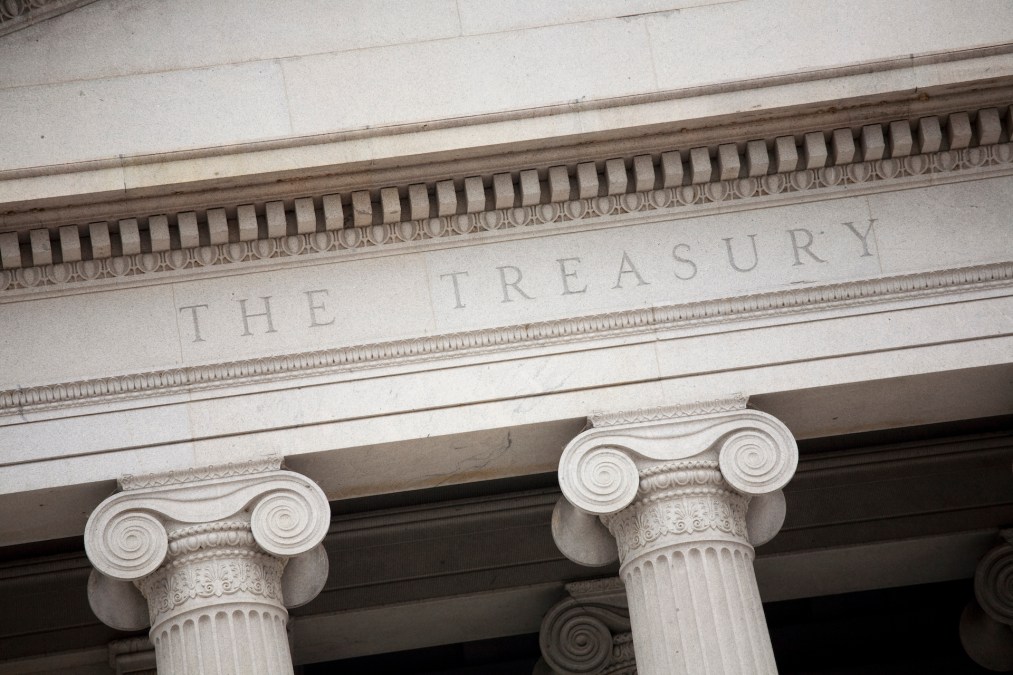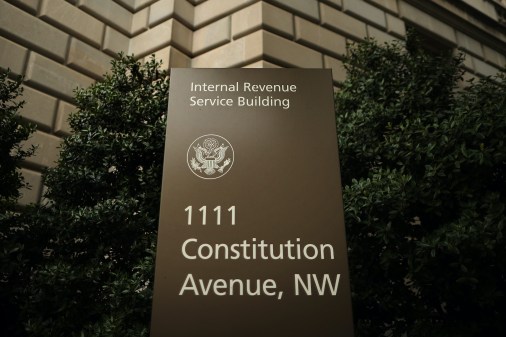Department of the Treasury signs cybersecurity partnership with Israel

The U.S. Department of the Treasury and Israel’s Ministry of Finance have agreed to a new cybersecurity partnership to protect critical financial infrastructure and to counter the threat of ransomware.
On Sunday, the U.S. government announced the new bilateral agreement, which is included as part of a wider U.S.-Israeli task force on fintech innovation and cybersecurity.
Through the partnership, both countries will work to develop a memorandum of understanding to support the sharing of information relating to the financial sector, including on cybersecurity regulations and threat intelligence.
The new memorandum is intended also to address staff training and cross-border cybersecurity exercises.
According to the Treasury, the task force will also launch a series of technical exchanges on policy, regulation and outreach to support fintech innovation.
“Harnessing both the power of international cooperation and of technology innovation will position us to support economic competitiveness, prosperity, and to combat global threats including ransomware,” said Deputy Secretary of the Treasury Wally Adeyemo. “As the global economy recovers and ransomware and other illicit finance threats present a grave challenge to Israel and the United States, increased information exchanges, joint work, and collaboration on policy, regulation, and enforcement are critical to our economic and national security objectives.”
The agreement was signed following the counter-ransomware initiative meeting that took place at the White House in October with the European Union and more than 30 countries, including Israel. At the meeting, Adeyemo underscored the importance of international cooperation on the issue.
Commenting on the new agreement, threat intelligence expert and former National Security Agency technical lead Adam Flatley noted that such bilateral relationships are critical for mitigating the threat of ransomware, but that the U.S. also would likely pursue multilateral agreements.
“The US and Israel have long worked closely and effectively together on critical security issues of common interest,” he said. “Other [agreements] will be multilateral, with collaboration being governed by what collective trust level the group has. Such level of trust is usually less than a bilateral relationship but can foster broader sharing of less sensitive things more quickly.”






